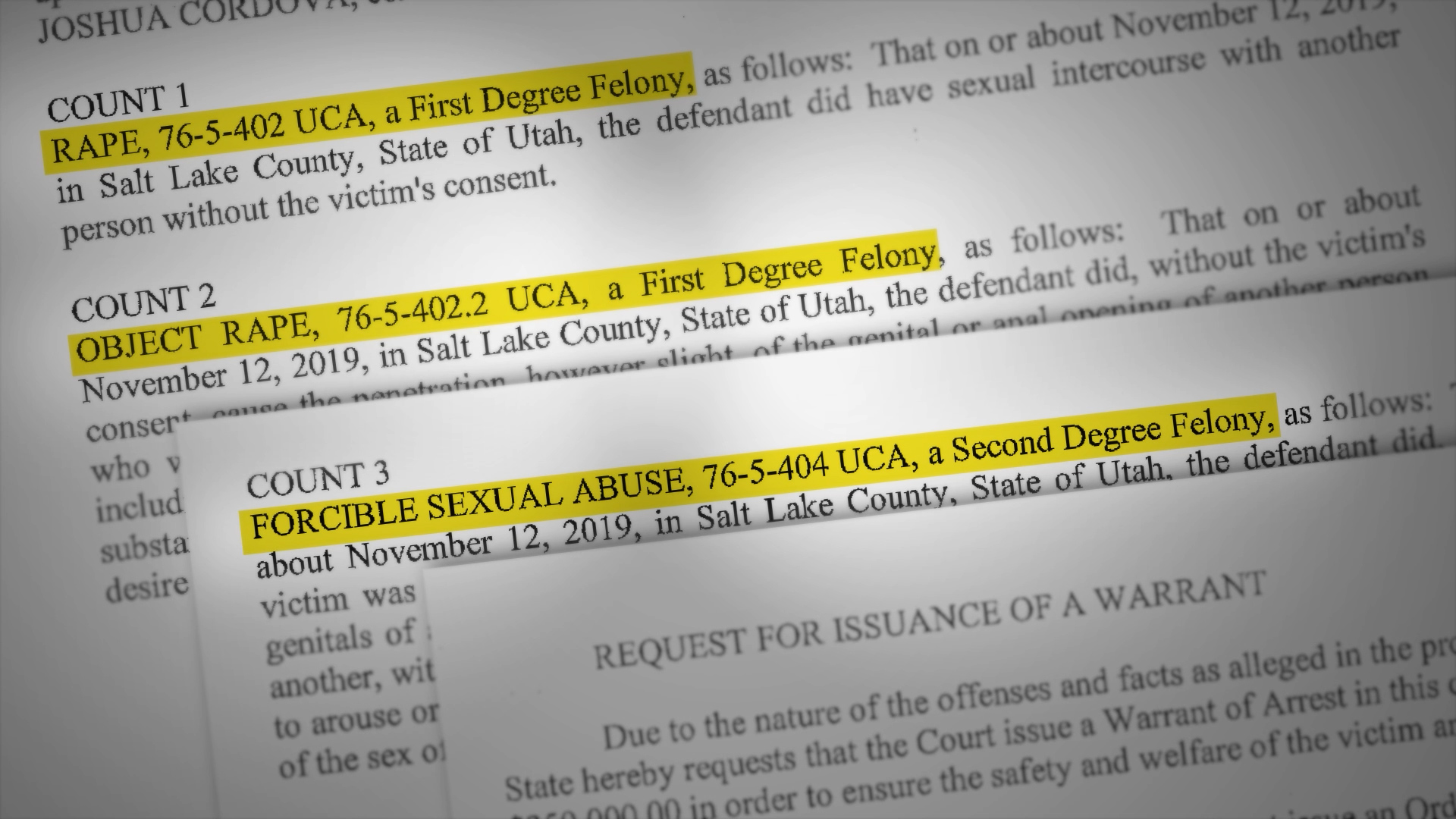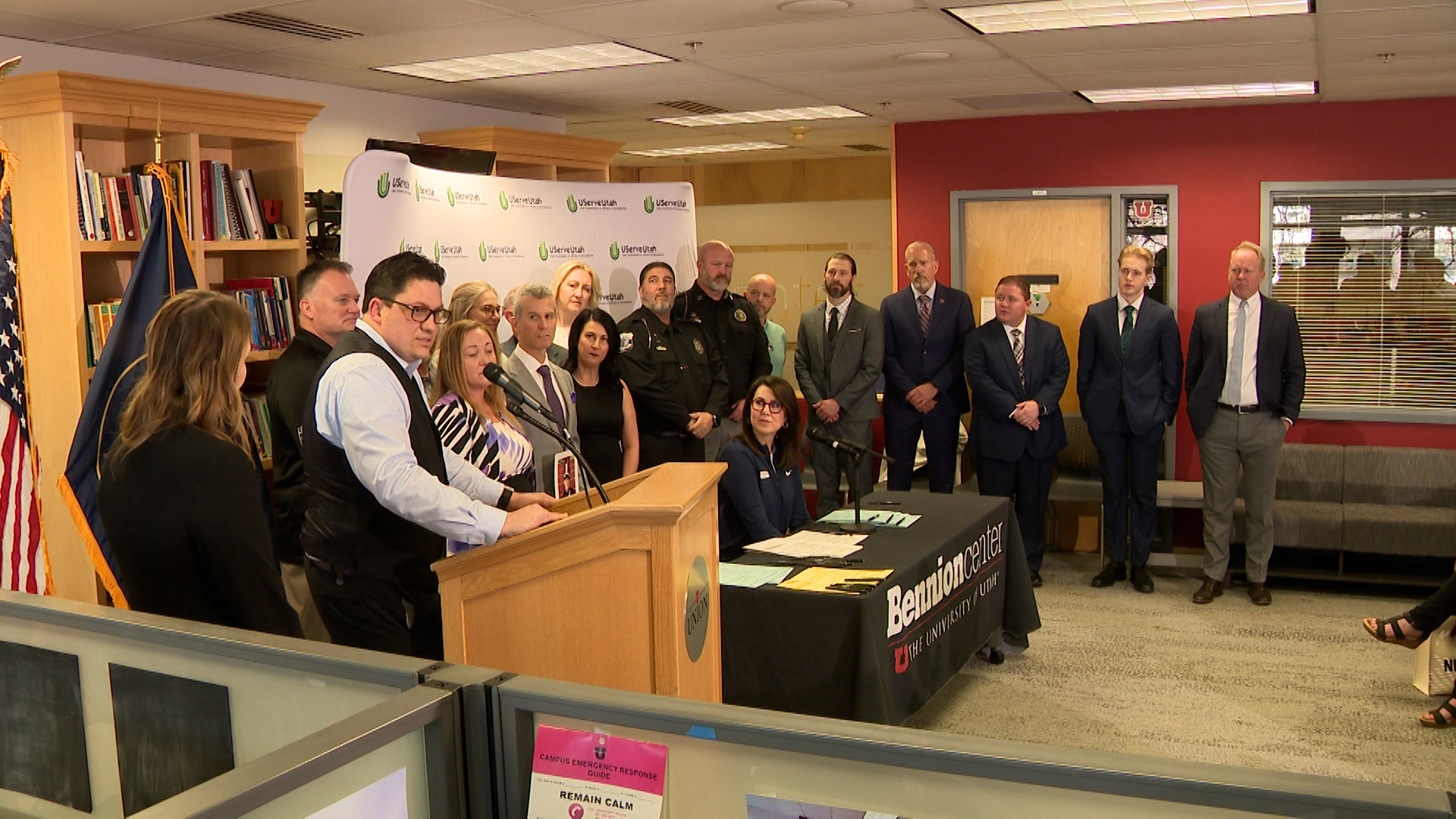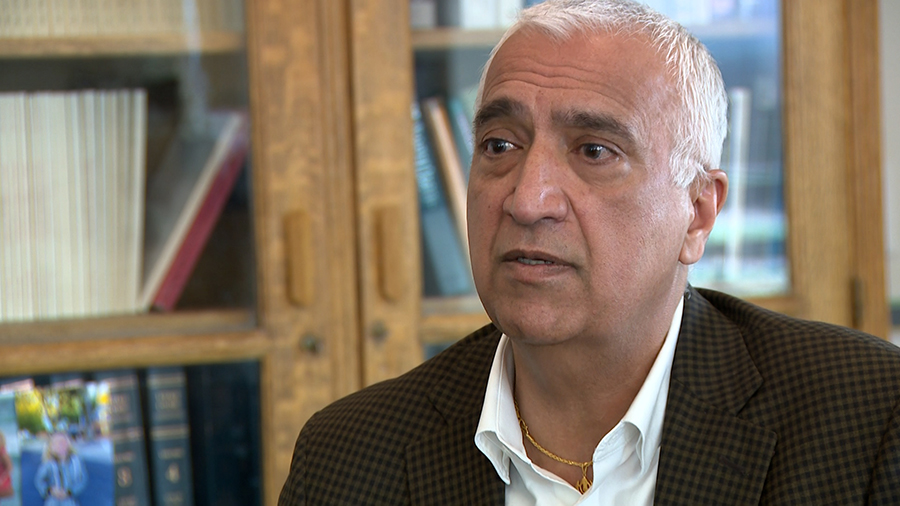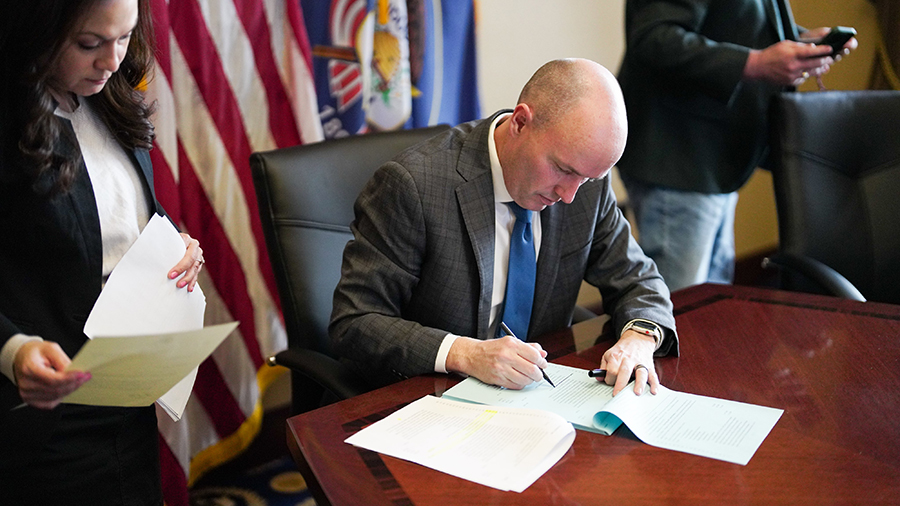Life coaching regulations under consideration following Hildebrandt case
Feb 22, 2024, 8:38 PM | Updated: Feb 23, 2024, 9:54 am
SALT LAKE CITY — Letters written by former YouTube vlogger Ruby Franke’s family shed light on how the mother became involved with now-convicted licensed counselor Jodi Hildebrandt.
A character letter from Franke’s brother, Beau, said he also joined Jodi Hildebrandt’s online life coaching service, ConneXions Classroom.
He called it a cult, writing to the judge and parole board, “Many of the teachings from the ConneXions program were reasonable and good. Unfortunately, as I later discovered, that is what made the program so dangerous.”
Franke’s parents, Chad and Jennifer Griffiths, wrote, “When she began having troubles with her teenage son, Chad, she sought out a family therapist/counselor to help them. We noticed a shift in Ruby’s thinking the summer of 2020 and by that fall, she cut all ties to us, her siblings, and close friends.”
Franke said in her statement to the court at her sentencing that she paid Hildebrandt to be her mentor. Franke started creating and posting content for ConneXions, often giving out parenting advice online.
‘8 Passengers’ mom Ruby Franke and Jodi Hildebrandt sentenced for aggravated child abuse
Mark Steinagel, director of the Utah Division of Professional Licensing under the Department of Commerce, said life coaching is currently unregulated in the state.
“We receive complaints throughout the year on life coaching that kind of goes too far into the mental health therapy world,” he said.
He said most of the complaints they receive are about therapists crossing the line.
“We actually appreciate that the legislature is asking the question, should this be regulated?” Steinagel said.
Sen. David Hinkins, R-Ferron, is the sponsor for SB251, which outlines requirements for life coaching. He told KSL on Thursday it will not be heard in the 2024 legislation because DOPL needs more time to study it.
“The only reason we asked for some time to study it is because the legislature has a process called the Sunrise Process for new professions, where you can really get into defining what the harm is and what should be the scope of practice defined to protect the public from that harm, what the requirements should be,” Steinagel said.
He said his office needs more time to study these factors and what other states have done to determine the rules for Utah.
“In terms of what the legislature determines and what we recommend to them should be part of the license that they create, it would include what type of training they need, what type of certifications do they need, do they need a background check?” he said.
Hildebrandt was a licensed counselor until September. KSL asked DOPL officials if the convicted child abuser could get her license back when she is released from prison if the laws stay as they are.
Steinagel said it’s possible.
“Felony crimes for the types of things we’re talking about here that seem that appear to be very related to the practice of the particular profession we’re talking about are going to give great pause to our employees here the in the Department of Commerce and the licensing boards that advise us,” he said. “We don’t have any outright denials in our statutes, so we would take a look at everything. But I’m telling you, the more serious the crime, the less likely they’re going to get a license back.”
And could ConneXions Classroom continue to operate?
“I am not completely certain of everything ConneXions Classroom did, but if it was just in the unregulated life coaching world, probably yes,” Steinagel said.
Steinagel said this is why he thinks life coaching should be regulated in Utah.
“Where is the potential for public harm and what do we tailor to address that public harm?” he said.
He said another piece of legislation, SB26, would help make behavioral health practitioners more accessible while ensuring more accountability for those individuals.
“To become a fully licensed therapist, we’ve increased the number of direct client hours you have to have, we’ve increased the number of hours of direct observation you have to have,” said Jeff Shumway, director of the Office of Professional Licensure Review. “There used to be no requirement for that. And now someone else has to watch you doing therapy via video or a one-way mirror in some fashion to verify that you’re that you’re safe to do it.”
He said the bill would require criminal background checks that would happen repeatedly.
“We’re also requiring disclosures to patients, so you have to say, ‘I’m licensed to do this,'” Shumway said.
DOPL said it is optimistic about this bill’s progress during the 2024 legislative session. Steinagel said it’s important people seeking mental health help thoroughly vet those who say they’re professionals.
“Make sure your mental health therapist or your surgeon or your contractor has a license, but that’s only part of it,” he said. “You still should be checking references; you still should be looking into other avenues to make sure that they are the professional best suited for your needs and that they’re a quality professional.”













